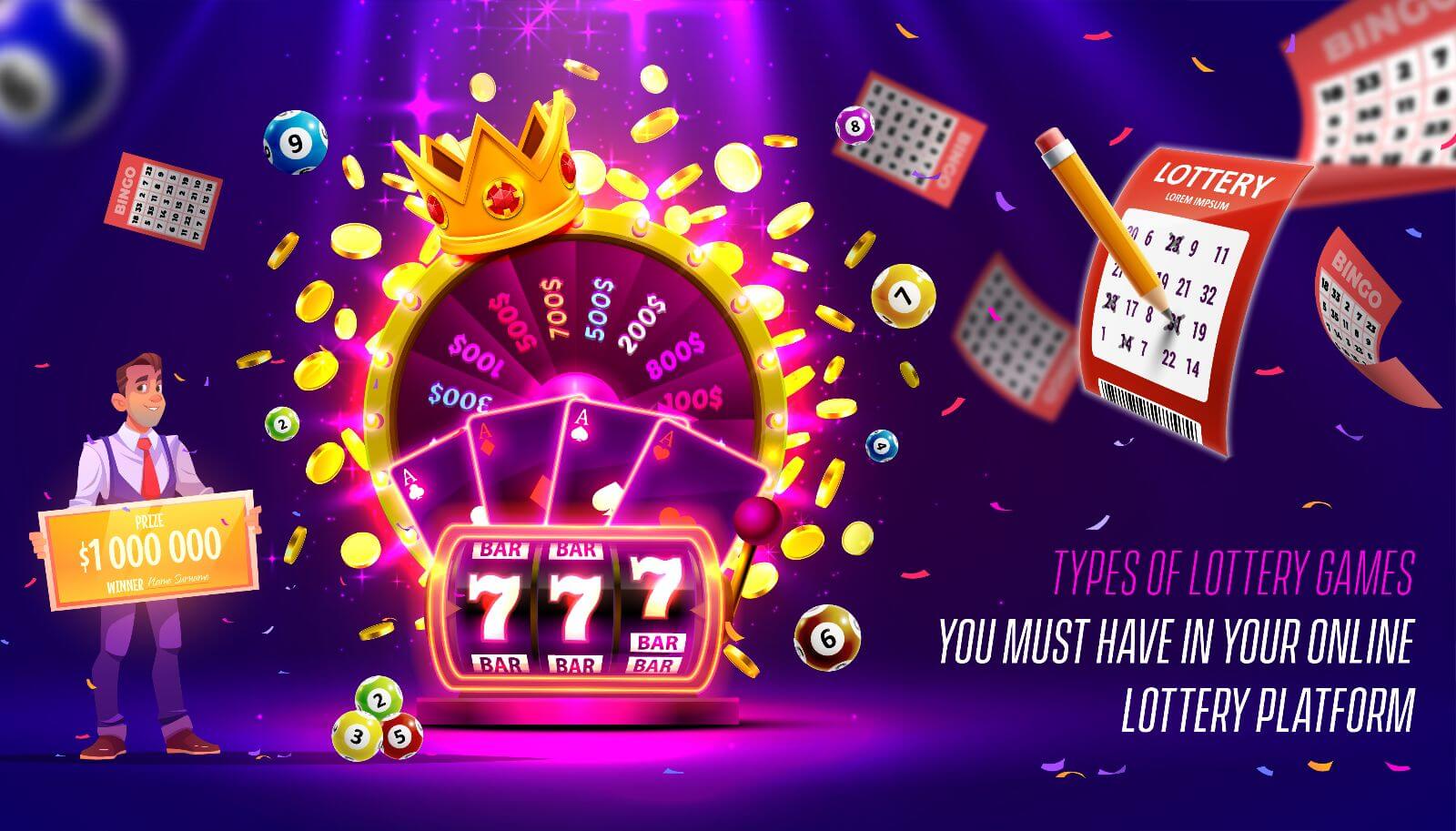
For many, the lottery is seen as a chance to strike it rich and achieve financial freedom. Every week, millions of people purchase tickets in the hopes of winning the jackpot and changing their lives forever. The idea of becoming an instant millionaire is an enticing one, but the reality behind the lottery is often much more complex. Let’s take a closer look at the lottery phenomenon and its impact on society.
Lotteries have a long history, dating back to ancient China where it was used to finance the Great Wall. In the United States, the first หวย24 was introduced in 1612 in Jamestown, Virginia to help finance the colony. Since then, lotteries have been used to raise funds for various public projects and causes. Today, they are a popular form of gambling with over $70 billion spent on lottery tickets each year in the United States alone.
Despite its long history, the lottery still remains a controversial topic. Many argue that it preys on the hopes and dreams of those who are financially struggling. The odds of winning the lottery are extremely low, with the chance of hitting the jackpot being as low as 1 in 175 million for most lotteries. This has led to criticisms that the lottery is a form of regressive taxation, with lower-income individuals spending a larger portion of their income on tickets.
On the other hand, proponents of the lottery argue that it provides an opportunity for people to improve their lives. After all, someone has to win eventually, and it could be anyone. The idea of taking a chance and possibly winning a life-changing amount of money is a powerful draw for many. And for those who do win, the impact on their lives can be truly transformative.
But what happens to those who do win the lottery? Studies have shown that while the initial thrill and sense of euphoria may be overwhelming, many lottery winners struggle with managing their newfound wealth. It’s not uncommon for lottery winners to mismanage their money, leading to financial struggles and even bankruptcy in some cases. The sudden influx of wealth can also cause tension and strain in relationships, as friends and family may come out of the woodwork asking for handouts.
The lottery also has a significant impact on society as a whole, particularly in terms of funding for public programs. A portion of lottery ticket sales goes towards education, with some states even mandating that a certain percentage be allocated for this purpose. This has led to debates over whether the lottery is actually beneficial for education or if it simply covers up budget shortfalls for other areas.
However, there is no denying the positive impact that the lottery has had on individuals and communities. In addition to potentially changing someone’s life for the better, lottery winners often give back to their communities through donations and charitable acts. Lottery funds also support various community initiatives and programs, from arts and culture to environmental conservation.
In the end, the lottery is a complex and often controversial phenomenon. While it has its flaws and drawbacks, it also has the power to change lives and provide opportunities for those who would otherwise never have such a chance. Whether you’re a dedicated lottery player or a skeptic, there’s no denying the impact that the lottery has on our society and culture.
So the next time you see a lottery sign or hear about a big jackpot, remember that it’s not just about the money. It’s about hope, dreams, and the belief that anything is possible. Who knows, you may just be the next lucky winner.
